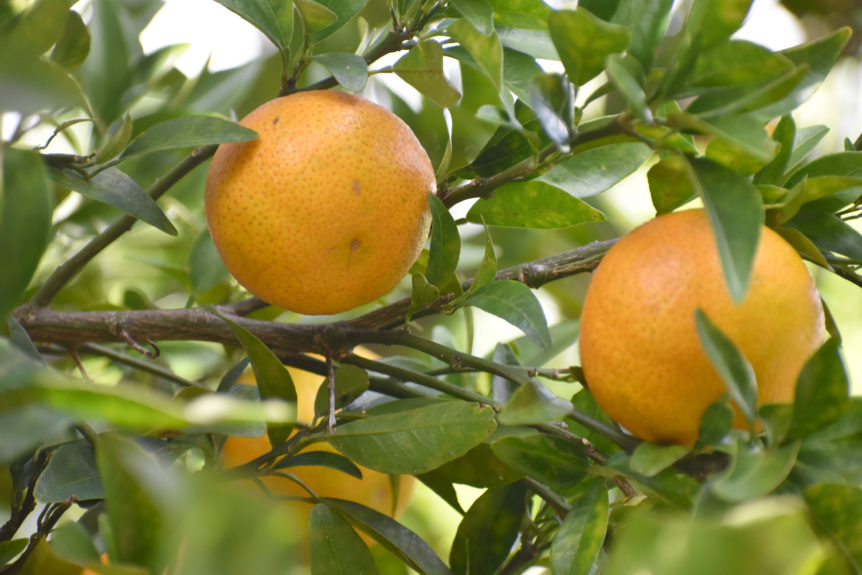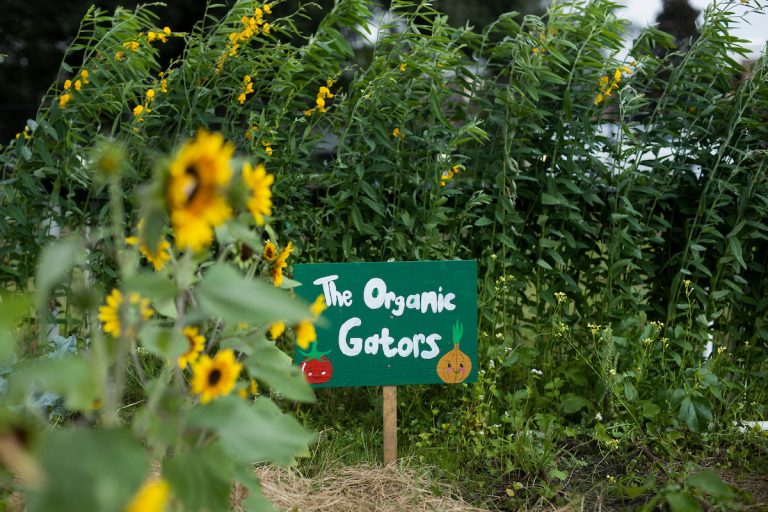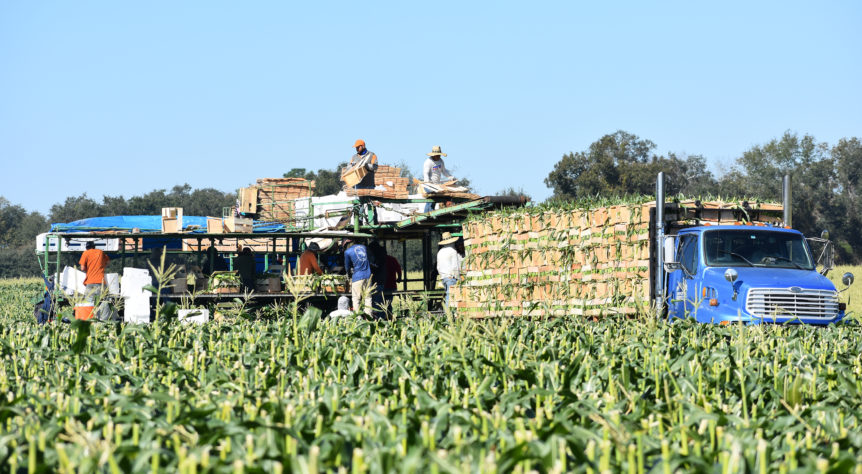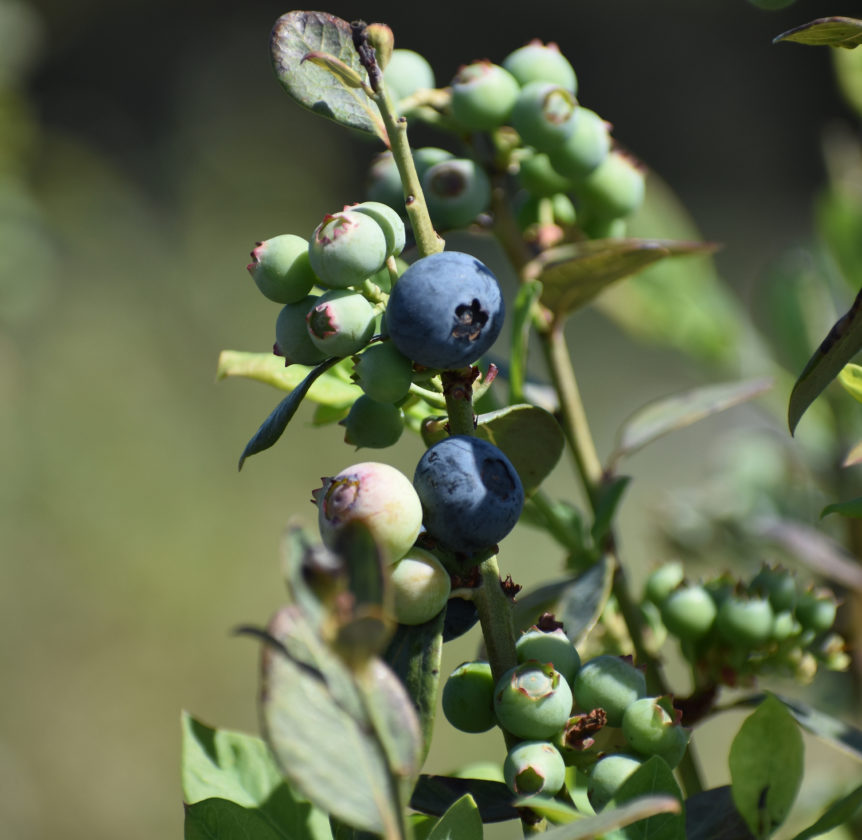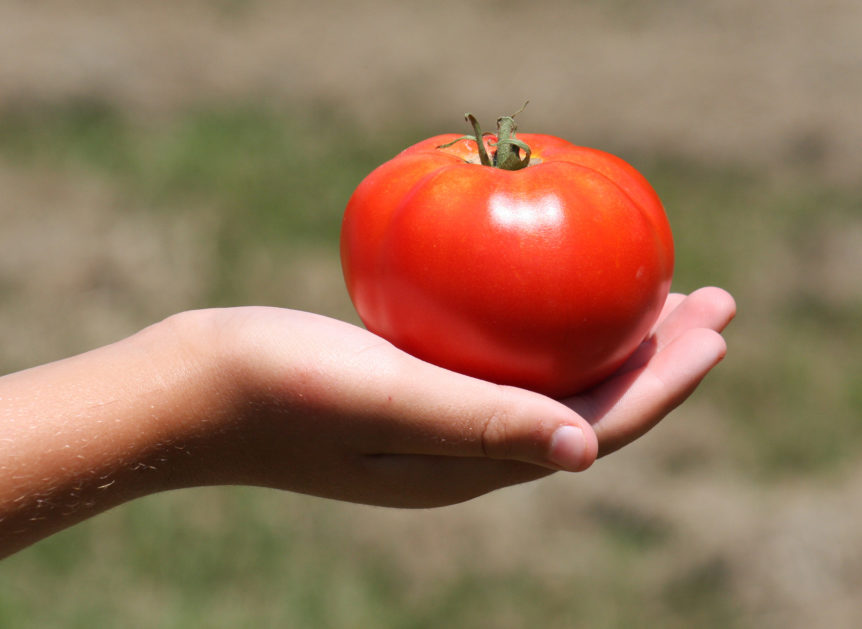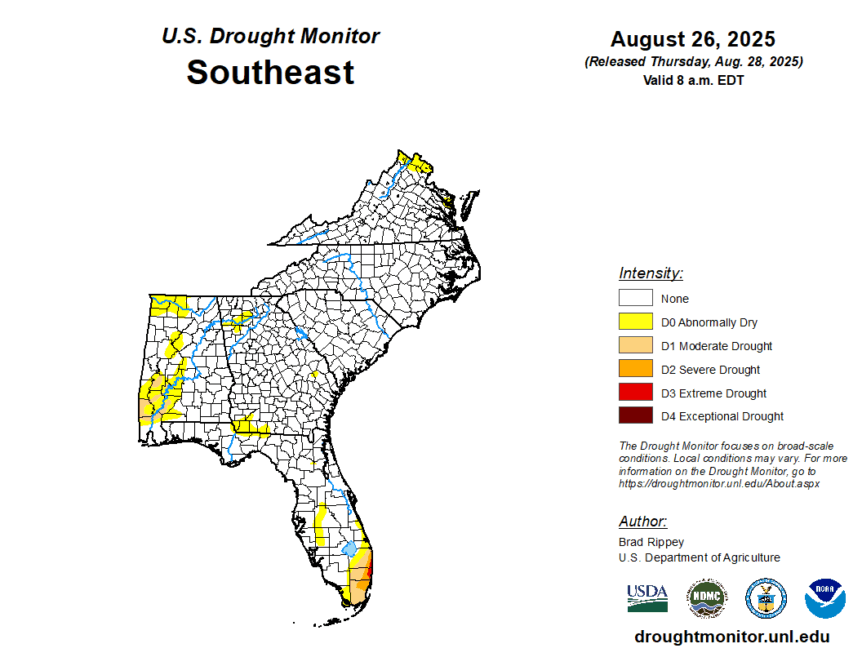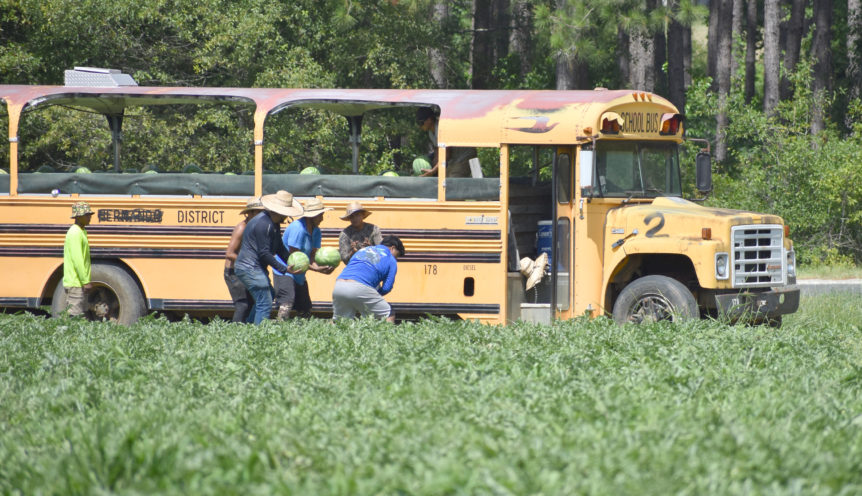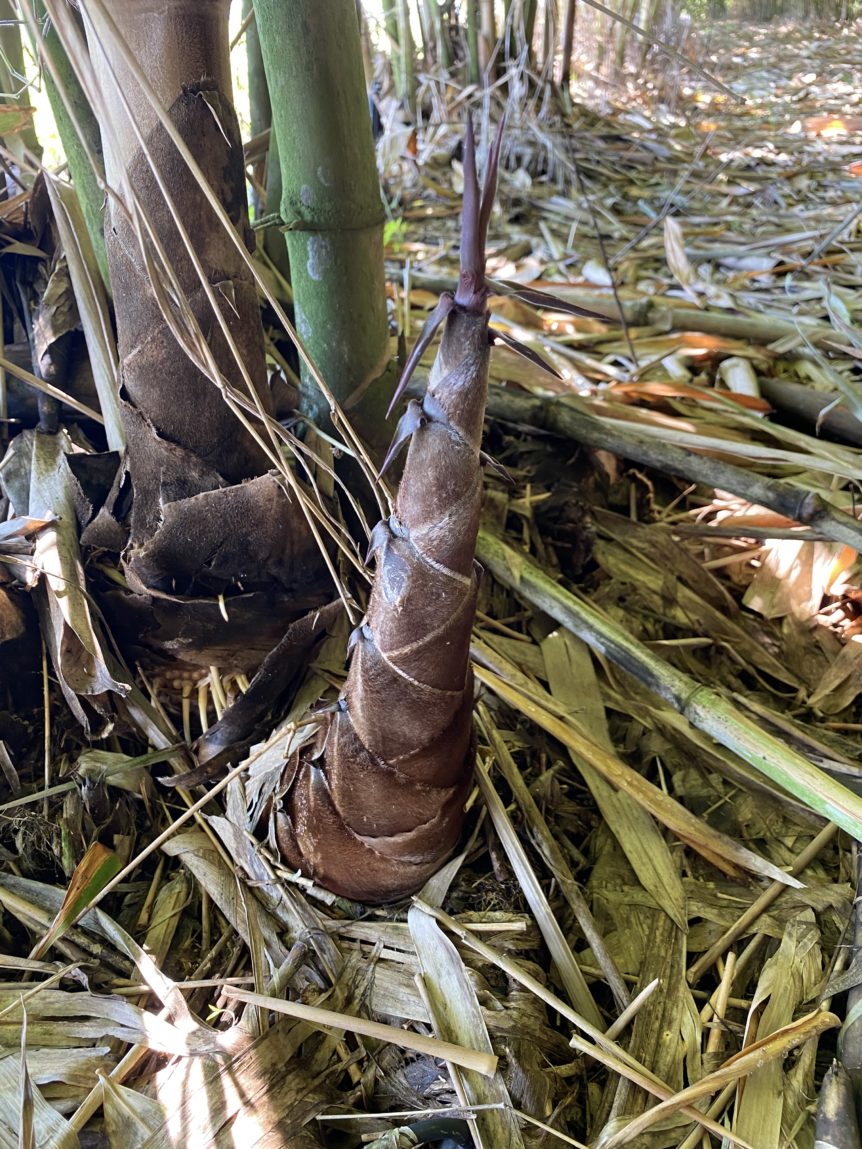Phytophthora root rot’s impact on young citrus trees is concerning for groves in the cold-hardy citrus region of North Florida, South Georgia and South Alabama. Newly planted trees are more vulnerable to the disease than older, established trees, says Jonathan Oliver, University of Georgia assistant professor and small fruits pathologist. He discussed the disease’s impact during the Citrus Grower’s Summer …
Organic Farming Expansion? Could Be Answer to Rising Demand
Consumer demand for organic fresh fruits and vegetables outweighs the availability of organic farms growing the food. In fact, while certified organic U.S. land for growing crops or livestock is increasing according to the U.S. Department of Agriculture, organic acreage is still less than 1% of American farmland. University of Florida Institute of Food and Agricultural Sciences experts and stakeholders …
What’s Next for Farmers Following Farm Labor Survey’s Discontinuation?
By Clint Thompson The discontinuation of the Farm Labor Survey was an important victory for fruit and vegetable growers hoping for relief from the Adverse Effect Wage Rate. Now growers and industry leaders are waiting for what happens next, says Michael Marsh, president and chief executive officer of the National Council of Agricultural Employers. “From our perspective, we’re hopeful that …
Management Tips for Florida Blueberry Producers
University of Florida Institute of Food and Agricultural Sciences (UF/IFAS) is advising blueberry growers on management steps they need to implement during September. Producers should scout for algal stem blotch disease, while also monitoring and managing leaf diseases. For those farming operations, continue monthly through-irrigation or banded bed applications of a phosphorous acid product. Insect control is also important. Growers …
Sneak Peek: September 2025 Specialty Crop Grower Magazine
The September issue of Specialty Crop Grower Magazine highlights the recent Citrus & Specialty Crop Expo held on Aug. 20-21 in Tampa, Florida. Attendees learned from various researchers and industry specialists about information pertinent to the citrus and fruit and vegetable industries. Land-grant universities are gearing up for a technological revolution. The University of Florida Institute of Food and Agricultural …
UF/IFAS Specialist Provides Tomato Breeding Update
By Clint Thompson Tomato breeding research remains vital to the long-term sustainability of the industry in Florida. University of Florida Institute of Food and Agricultural Sciences (UF/IFAS) tomato breeder Jessica Chitwood-Brown provided an update for growers during the Florida Tomato Conference on Sept. 4. She emphasized the importance of grower interaction and learning what qualities are needed, such as fusarium …
Nov. 7 Groundbreaking for UF/IFAS AI Center
By Clint Thompson Florida specialty crop producers should mark their calendars for Friday, Nov. 7 for the groundbreaking of the University of Florida Institute of Food and Agricultural Sciences (UF/IFAS) Center for Applied Artificial Intelligence in Agriculture. The new AI Center will be located at the UF/IFAS Gulf Coast Research and Education Center in Wimauma, Florida. Scott Angle, UF/IFAS Senior …
Drought Monitor Update: Recent Rains Help Alleviate Certain Dry Conditions
Recent rains have helped alleviate some dry areas in the Southeast, according to the Aug. 28 release of the U.S. Drought Monitor. It is especially evident in Georgia. Minimal abnormally dry conditions are observed in the southwest corner of the state, including Seminole, Decatur, Grady, Thomas, Brooks, Miller, Baker and Mitchell counties. A small area in Northwest Georgia is abnormally …
USDA’s Discontinuation of Farm Labor Survey a Win for Producers
By Clint Thompson Specialty crop growers scored a significant win last week when the U.S. Department of Agriculture (USDA) announced its intention to discontinue the Farm Labor Survey (FLS). The FLS helped the Department of Labor determine the AEWR, the minimum wage for H-2A workers in every state. Rates have spiraled out of control in recent years. Michael Marsh, president …
Labor a Challenge for Florida Bamboo Production
By Clint Thompson Bamboo’s future as an alternative crop for Florida growers will be determined by two factors: Oversupply and labor needs. According to Michael Rogers, University of Florida Institute of Food and Agricultural Sciences (UF/IFAS) Citrus Research and Education Center Director and Professor of Entomology and Nematology, the potential for too much bamboo is not realistic considering its many …










